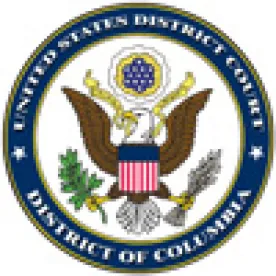Volume “impact litigation” in the U.S. District Court for the District of Columbia may lead to details of the basis of alleged, unannounced, new USCIS policies regarding the H-1B visa program.
Attorneys are alleging that USCIS is using new policies to adjudicate H-1B petitions, without properly completing the required notice-and-comment procedures for administrative rule changes and without basis for any regulatory change. The lawsuits, through the pretrial discovery process, seek to uncover the purported policy changes or directives by which USCIS is operating.
“Impact litigation,” also known as strategic litigation, is used to effectuate change when an issue affects more than one individual. Using this strategy, ITServe Alliance, a nonprofit trade association for IT services, staffing, and consulting organizations, is challenging new USCIS policies on their substance, as well as on the manner in which they were promulgated. These policies require employers who want to hire H-1B workers to work at third-party worksites to deliver documentation proving a bona fide employer-employee relationship, as well as itineraries demonstrating definite assignments during the full period of the H-1B petition.
The H-1B RFE and denial is at an all-time high, but it is particularly high (34% – 80%) for consulting firms that place workers at third-party sites. ITServe Alliance’s lawsuit alleges that USCIS’ new policies are an “overreach.” Judge Rosemary M. Collyer, who is presiding over this and similar cases, suggested that the Administration simply does not want these workers in the country.
When individual companies file cases in federal courts challenging denials, USCIS often settles the case and rescinds the denial. While that is a good individual result, it does nothing regarding the underlying policies and future adjudications. That is where impact litigation comes in. Approximately 60 cases have been filed in the U.S. District Court for the District of Columbia challenging USCIS’ actions regarding H-1B petitions for consulting or staffing companies. The cases have all been consolidated as ITServe Alliance v. USCIS. Unlike class action cases, which often are quite prolonged, volume impact litigation does not require the group to establish that they are a proper “class” – something that would have been very difficult since each H-1B case is different.
It has been reported that Judge Collyer is contemplating ordering discovery to determine whether USCIS is treating consulting and staffing companies differently. This was an unexpected, but welcomed, development for ITServe Alliance and others interested in learning more about the inner workings of USCIS.




 />i
/>i

